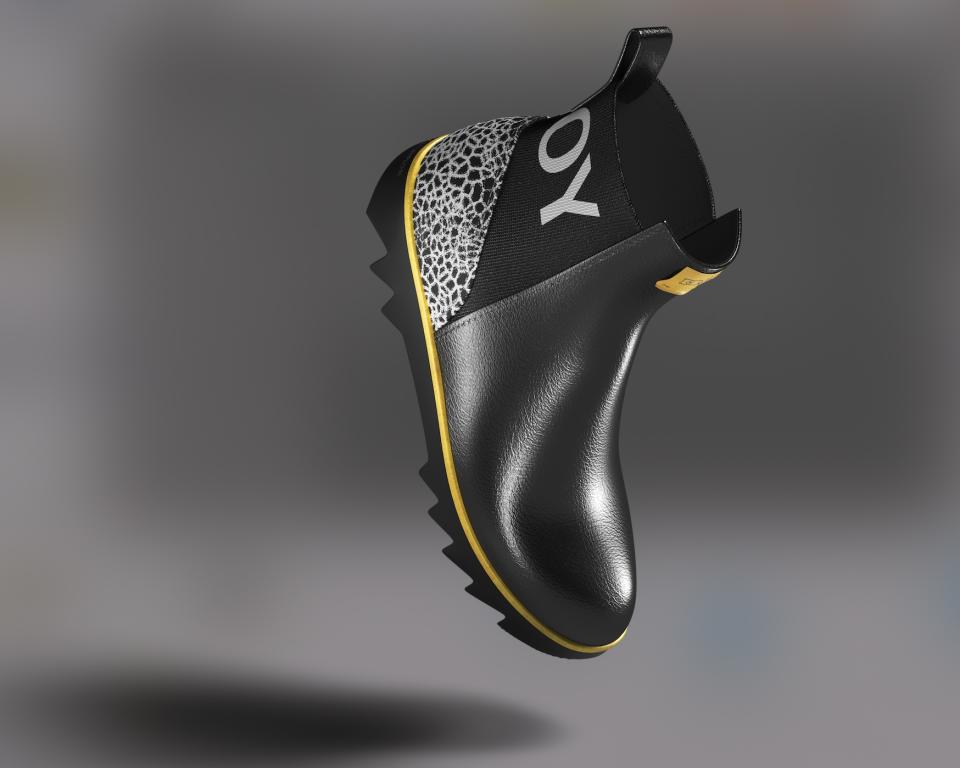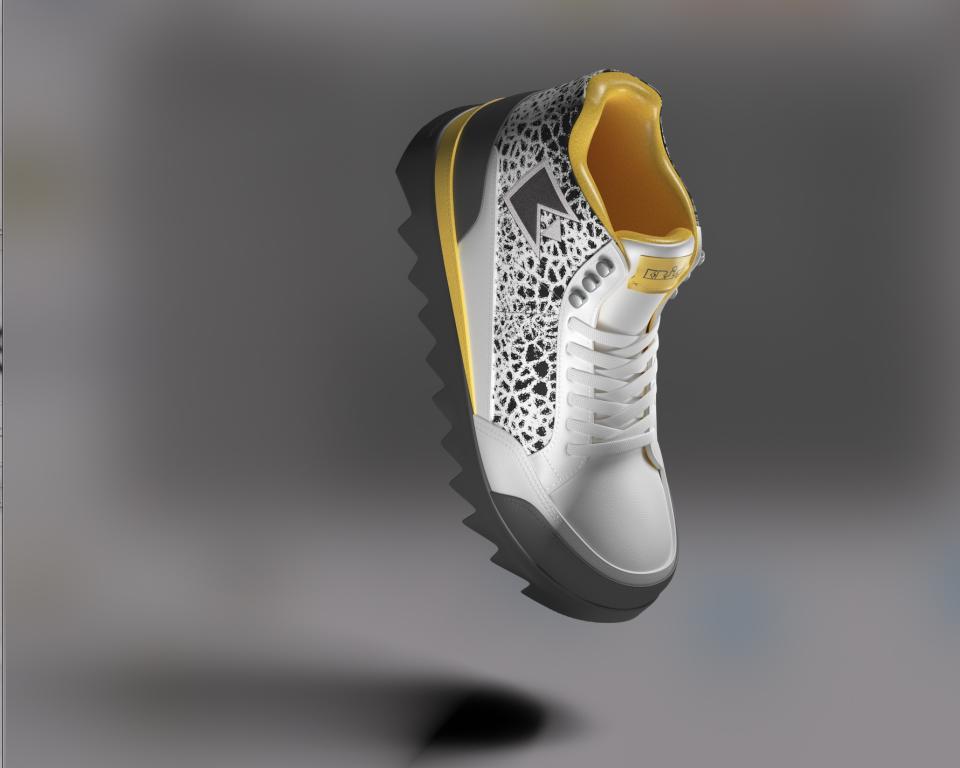Carving a Space for Mental Health Challenges in the Metaverse

LONDON — Is there room for compassion in the metaverse?
Simon Whitehouse thinks so. The fashion executive and founder of a creative collective called EBIT believes the metaverse can function like an oasis for people with mental health issues, a safe, non-commercial space to connect, learn and create.
More from WWD
“My utopian vision is that Web3.0 will be a force for good, a platform for social justice and a way for people with mental health issues, people who are maybe too ill to meet physically, can have a life,” Whitehouse said.
He believes that 3.0 can offer a different narrative, one that isn’t solely about the pursuit of profit but a way to make people’s lives better by focusing on positive communication, and tackling cyberbullying, online grooming and harassment.
Whitehouse has already put his idea to the test with two NFT projects in the past six months.
Last December, he unveiled a digital and NFT project called “Yellow Trip Road,” a gaming-style journey that was meant to help users tune into the mental health challenges that many people will face as they move through life.
Designed as an immersive, extended reality experience, it asked viewers to follow a yellow brick road through bright and lovely landscapes, and bleak and deserted ones, too.

Courtesy Image
After winding through the surreal landscapes, the road led into outer space where everything appeared to be detached, senseless and out of reach. The journey eventually improved, ending with a blue ocean and sky.
Whitehouse said the virtual trip was meant to engender empathy and to offer “a metaphor for those suffering from mental health issues.”
There was a retail element, too, with the first crop “Yellow Trip Road” NFTs a success: all 300 limited-edition “Bumper Jumpers,” or NFT sweatshirts, sold out in 24 minutes. They cost 150 euros each and raised $50,000, with 10 percent of sales going to the American Foundation for Suicide Prevention.
EBIT stands for Enjoy Being in Transition, and Whitehouse said the plan is to tap the creativity of designers, musicians and artists and provoke conversations around mental health. He describes EBIT as “an artistic prism” that will help people view mental health issues from a fresh perspective.
In accounting lingo, EBIT also stands for earnings before interest and taxes, but Whitehouse wanted to subvert that definition and build a business that does not rely on “extreme capitalism.” He said he wants EBIT to put purpose before profit.

Courtesy Image
Last month, EBIT released its second NFT project: the Spectrum of Footwear E010 range, which consists of 10 NFT hybrid styles.
Sling-back sneaker mules morph into flat grain leather low tops, and then classic basketball high tops before hybridizing into postmodern Chelsea boots, clogs and wedge-heels.
The idea is meant to reference how footwear, and mental illness, can exist across a broad spectrum and involve many different elements and nuances.
The range of footwear was designed by hand and developed, marketed and sold completely in 3D. The NFTs launched via The Dematerialised on the Lukso blockchain. The styles will launch on DressX in July, allowing people to wear life-sized digital versions on social media or during video calls.
Some 10 percent of sales will go to the National Autistic Society charity.
EBIT is Whitehouse’s personal business, and a passion project. In 2021, he was named chief executive officer of Eco-Age, the consultancy, marketing and communications firm that looks to promote sustainability and the circular economy.

Courtesy Image
Whitehouse was previously CEO of the creative agency Art Partner. Prior to that, he held the same role at JW Anderson from 2014 to the end of 2017.
He has also worked with labels including Matthew Williamson, Diesel Black Gold and DKNY. Whitehouse was global sales and brand director of Diesel Black Gold for three years, and global commercial director of Matthew Williamson for two years.
EBIT has also worked on culture and music projects, all of which focused on addressing mental health issues. Collaborators so far have included M/M (Paris), Glen Luchford, Michel Gaubert, Soo Joo Park, DJ John Digweed and Wilson Oryema.
Whitehouse said that in the next six months, EBIT’s focus will once again turn to music, with exclusive sound compositions meant to stimulate the release of dopamine, the feel-good hormone, in listeners.
The ultimate aim of all the projects is to telegraph a message to the public and to the brands across the creative and communications industries. “You have a platform, use it to do something good,” Whitehouse said.
Sign up for WWD's Newsletter. For the latest news, follow us on Twitter, Facebook, and Instagram.

